Belt and Road
Your Present Location: PROGRAMS> Belt and Road-

Continuity of BRI to strengthen global connectivity
"While the internal forces of global connectivity hold the key to the facilitation of the Belt and Road Initiative (BRI), the continuity of the BRI should be well recognized," a scholar noted during a lecture in Beijing last Friday.
2019-04-24 -
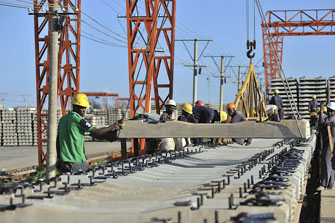
BRI: A ladder for global development
With the Second Belt and Road forum for International Cooperation kicking off this week, the BRI has been thrust into the media limelight. What has been achieved in the past five years since the initiative was first put forward? How to turn the BRI vision into reality? Five Years of the Belt and Road Initiative is a book series co-published by Chongyang Institute for Financial Studies, Renmin University of China and Foreign Language Press, analyzing the initiative from the perspectives of policy connectivity, infrastructure connectivity, trade connectivity, financial connectivity and people-to-people connectivity. Here is an excerpt of the episode on infrastructure connectivity.
2019-04-24 -

Belt and Road forges new path to inclusive globalization
Six years into its development, the Belt and Road Initiative (BRI) is more celebrated as a resounding call for advancing and rebalancing globalization, forging a new pathway toward inclusive globalization that delivers widely-shared benefits.
2019-04-23 -
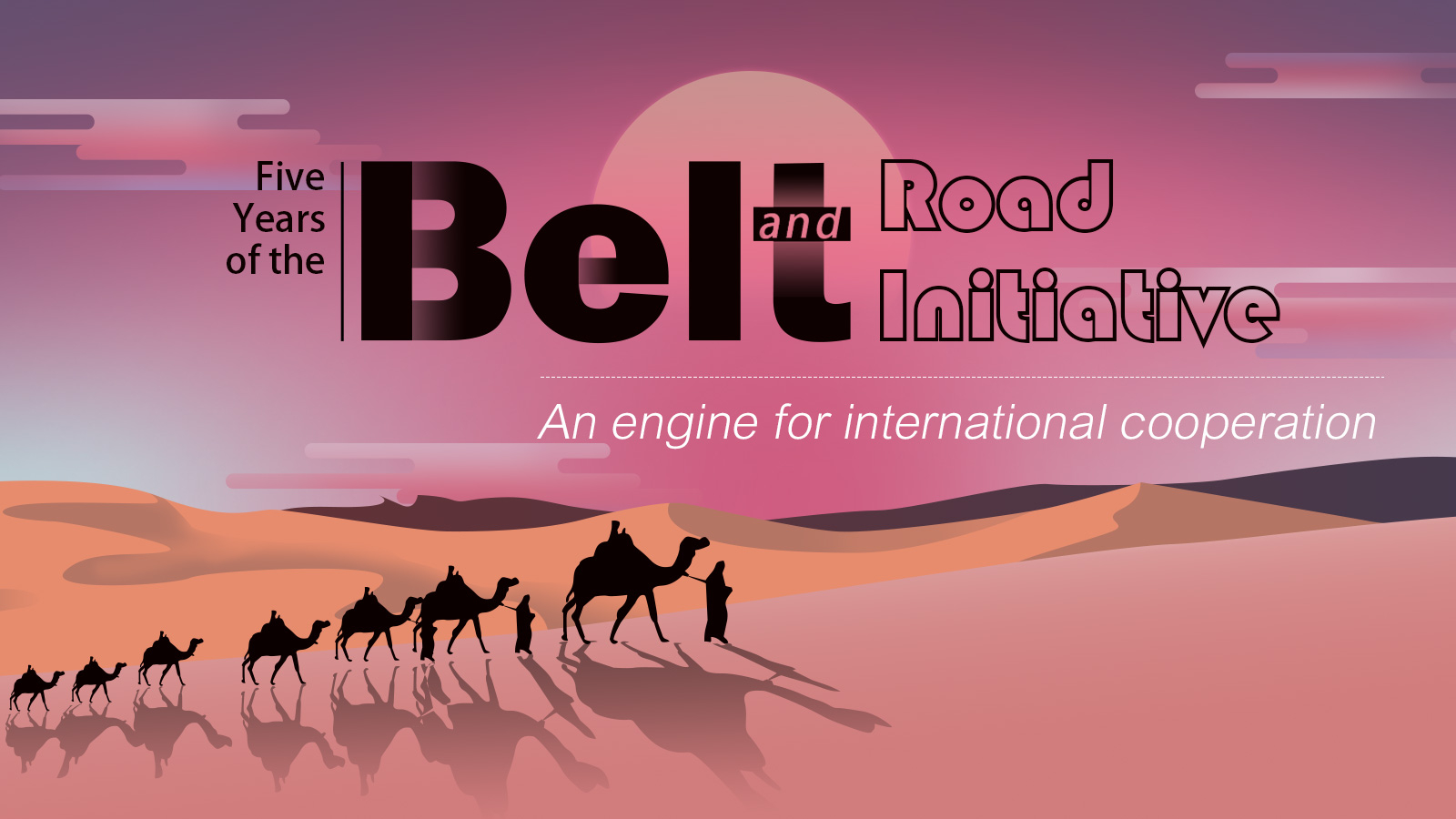
BRI: An engine for international cooperation
With the second Belt and Road forum for international cooperation kicking off this week, the BRI has been thrust into the media limelight. What has been achieved in the past five years since the initiative was first put forward? How to turn the BRI vision into reality? Five Years of the Belt and Road Initiative is a book series co-published by Chongyang Institute for Financial Studies, Renmin University of China and Foreign Language Press, analyzing the initiative from the perspectives of policy connectivity, infrastructure connectivity, trade connectivity, financial connectivity and people-to-people connectivity. Here is an excerpt of the episode on policy connectivity.
2019-04-23 -

Belt and Road: Win-win, not 'creditor imperialism'
The 2nd Belt and Road Forum for International Cooperation will be held in Beijing in late April. The Belt and Road Initiative (BRI), put forward by Chinese President Xi Jinping in 2013, has attracted cheers and jeers at the same time. A total of 126 countries and 29 international organizations have signed up for the sprawling transcontinental connectivity project, despite a tireless chorus of opposing voices and a cacophony of claims about its intention and operations. CGTN is attempting to cut through the noise in a new short video series titled “Hype or Hope?” Here is an episode to help you separate BRI facts from fiction. Wang Wen is the executive dean of the Chongyang Institute for Financial Studies at Renmin University of China.
2019-04-23 -
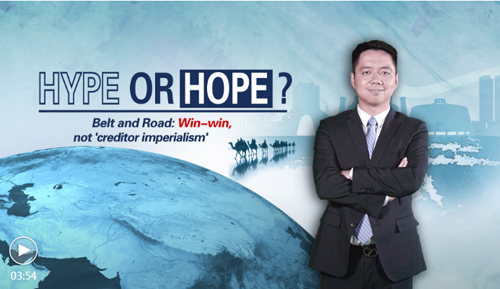
Belt and Road: Win-win, not 'creditor imperialism'
The 2nd Belt and Road Forum for International Cooperation will be held in Beijing in late April. The Belt and Road Initiative (BRI), put forward by Chinese President Xi Jinping in 2013, has attracted cheers and jeers at the same time. A total of 126 countries and 29 international organizations have signed up for the sprawling transcontinental connectivity project, despite a tireless chorus of opposing voices and a cacophony of claims about its intention and operations. CGTN is attempting to cut through the noise in a new short video series titled “Hype or Hope?” Here is an episode to help you separate BRI facts from fiction. Wang Wen is the executive dean of the Chongyang Institute for Financial Studies at Renmin University of China.
2019-04-23 -
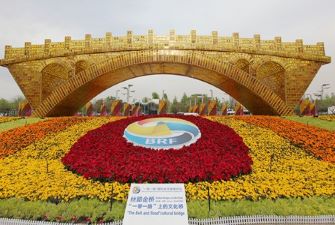
BRI features inclusiveness, diversity and equal chance for all participants
Chinese President Xi Jinping will deliver a keynote address at the second Belt and Road Forum for International Cooperation, which will be held from April 25 to 27 in Beijing.
2019-04-22 -

Wang Wen: Belt and Road Initiative is not 'Marshall Plan'
Despite the remarkable achievements made over the past five years, the Belt and Road Initiative (BRI) is still faced with some skepticism and misunderstanding at home and abroad. Some people regard the BRI as China's Marshall Plan. However, the two are essentially different in terms of intention, content, and additional conditions.
2019-04-22 -

Switzerland applauded for joining BRI
A decision by Switzerland to join the China-proposed Belt and Road Initiative (BRI) has garnered much praise in China, where analysts call the move a crucial step that will open up massive possibilities for cooperation and strengthen bilateral trade and economic ties.
2019-04-19 -

BRI will clear doubts as it progresses
Doubts have again been raised over the Belt and Road Initiative's goals, with some calling it a "debt trap" for participating countries and China's "geopolitical expansion tool". Why are anti-China elements using such ploys to malign China? And will they see reason once the Belt and Road Initiative starts yielding fruitful results for the participating countries? Two experts share their views on the issue with China Daily's Pan Yixuan. Excerpts follow:
2019-04-18 -

Ding Gang: BRI helps countries bring governance reform
Durian is one of the main fruits that Thailand exports to China. When I was a correspondent in Thailand eight years ago, a Thai exporter told me that it took around 10 days for durians from being picked to being transported to ports on China's southeastern coast. Durian should be picked when it is 60 to 70 percent ripe. The exporter's profits suffer as durians shrink and lose weight during transportation.
2019-04-18 -
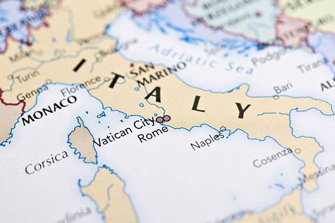
Jia Jinjing: Europe shows growing enthusiasm toward BRI
Following Chinese President Xi Jinping's visit to Italy, Monaco and France in March, Chinese Premier Li Keqiang arrived in Brussels, Belgium on April 8 for the 21st China-European Union (EU) leaders’ meeting. After Brussels, Li is scheduled to pay an official visit to Croatia where he will attend the eighth leaders’ meeting for China and Central and Eastern European Countries (CEECs). China has attached great importance to diplomatic relations with Europe, as top Chinese leaders paid their first visit of the year to European countries.
2019-04-16 -
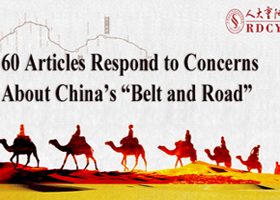
Yang Fanxin: G7 economies have split views on the BRI
Foreign ministers from the Group of Seven (G7) concluded their two-day annual meeting in Dinard, western France, on April 6 with a joint communique acknowledging China's capacity to make important contributions to global public goods. This could be an indicator of the split among G7 powers on views towards the Belt and Road Initiative (BRI), which some developed countries demonize as a sign of China's economic orbit and as an obstacle to their own alliances.
2019-04-11 -

France yet to sign BRI deal with China. Should it be of concern?
France was the third and final leg of Chinese President Xi Jinping's six-day Europe tour, which he concluded earlier this week. As China's first comprehensive strategic partner in the West, France has agreed to strengthen cooperation with China on regional and global affairs under multilateral frameworks. But Paris has yet to sign a memorandum of understanding on the Belt and Road Initiative (BRI) like Italy did.
2019-03-29 -
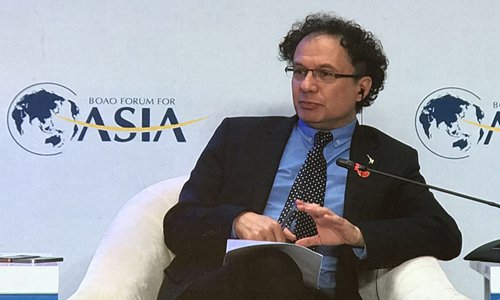
More countries will participate in BRI
More countries will join the China-proposed Belt and Road Initiative (BRI), a senior Italian official told the Global Times on Wednesday, following Chinese media reports that two more G7 countries prepared to join.
2019-03-28 -
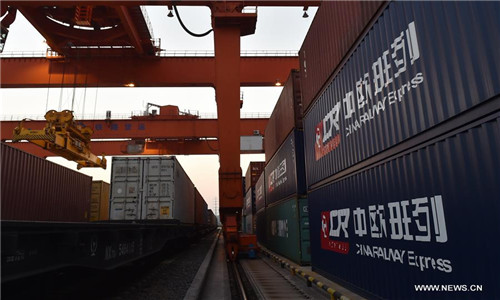
China, EU move to further improve relations
Chinese President Xi Jinping is scheduled to meet with the leaders of France, Germany and the EU during his visit to France, and experts said on Monday that if core members of the EU want to strengthen their unity, they need to be pragmatic and independent on policymaking, rather than submit to pressure from foreign forces and be more defensive toward China.
2019-03-28 -
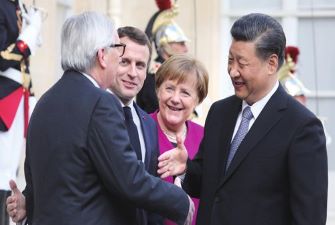
Germany willing to actively participate in the 2nd BRI forum
Chinese President Xi Jinping held "unprecedented" talks on building new global governance with French President Emmanuel Macron, German Chancellor Angela Merkel and EU Commission President Jean-Claude Juncker on Tuesday in Paris.
2019-03-27 -

Long Xingchun: The US only hurts itself by pointing fingers at China-proposed BRI
The United Nations Security Council extended the mandate assistance mission in Afghanistan on March 15. Unlike before, it only gave a six-month extension rather than one year. The reason for the shorter extension is that the US opposed China's attempt to write the Belt and Road Initiative (BRI) into the resolution. Wu Haitao, China's Deputy Permanent Representative to the UN, described the smear by the US regarding the BRI as "contrary to the facts and fraught with prejudice."
2019-03-26 -

Yang Fanxin: Global BRI cooperation signals the next stage of China's opening up
As part of China's opening up drive in the new era, the Belt and Road Initiative (BRI) has aroused interest around the world and won widespread international participation as a result of its inclusive, win-win nature.
2019-03-25 -
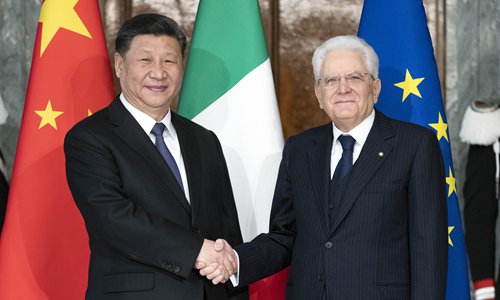
Italy’s support on BRI could be a good example for EU to follow
China and Italy are scheduled to sign a memorandum of understanding (MOU) on the Belt and Road Initiative (BRI) on Saturday during Chinese President Xi Jinping's visit to the country, which experts believe will have a positive demonstration effect on other European countries.
2019-03-25
























































































 京公网安备 11010802037854号
京公网安备 11010802037854号





